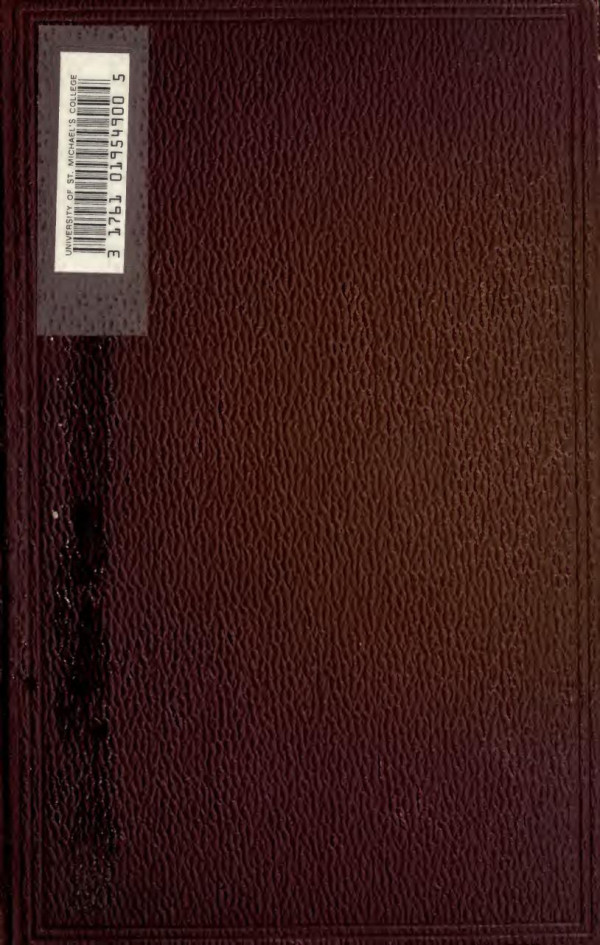Product desciption
Christian Anthropology John Thein Brother Hermenegild by John Thein, Brother Hermenegild 9781484083666, 1484083660 instant download after payment.
THE Church has taught for ages that between the truths of revelation and the truths of science there can be no conflict. The Vatican Council has solemnly repeated this teaching. On the other hand some men famed for scientific learning and some famed for unscientific bluster proclaim that between faith and science no reconciliation is possible. Educated Catholics may well ask, How are such assertions possible? Still it is not hard to find the explanation. If we could ascertain at once what are the truths of science and what are the truths of revelation their comparison would end the controversy. But what are the truths of science? Science has no infallible mouthpiece. The ablest and sincerest men of science may be mistaken. Generations of scientists have fought in defence of error. For hundreds of years they taught that the sun moves and the earth is at rest. For centuries they spoke of heat and light as imponderable substances. Linnaeus taught that species were immutable; Lamarck, the contrary. Cuvier, Von Baer. and Agassiz returned to the teaching of Linnaeus, and now Darwin and Haeckel, reviving the views of Lamarck, proclaim the mutability of species. Who is right? Linnareus or Lamarck? Cuvier or Haeckel When does a scientific theory become a scientific theorem, a scientific truth? Can one great name safeguard us against error? There is not a distinguished scientist alive who will say in cold blood, "I cannot err." Is the consensus of all men of science a guarantee that their teaching is scientific truth? The history of Ptolemy's theory bids us be prudent in our answer. Surely it is more than hazardous to maintain that a theory or view against which are raised some of the weightiest voices in science is, without possibility of error, the scientific truth. And what are the truths of revelation? Some scientific oracles, not content with defining the truths of science, insist upon defining for us the truths of religion. No doubt they are very kind; but really we must decline their Grecian gifts. We look to the Church to tell us what are revealed truths. Reasonable men will find this reasonable. When the Church has spoken, we know what revealed truth is. But there are hundreds of opinions on dogma and morals which the Church has neither approved nor condemned; there are thousands of Biblical texts the meaning of which she has not defined. To be sure, we have the opinions of theologians, we have what is called the received interpretation of the Scriptures, which is often but another word for theological opinion. But the views of theologians, however learned and holy, are not, of necessity, revealed truths. For scholars, who are not controversial scientists, it is not always easy to decide what are the truths of revelation. Since, then, it is neither easy to find the truths of science nor to find the truths of revelation in every case, it follows that it is difficult to compare them with each other. The prudent scholar, therefore, will not commit himself hastily to the proposition that there is between them an irrepressible conflict. Where religion and science seem to be at variance and during the past half century scientists (not science) have propounded many views seemingly at variance with Scripture-he will first ascertain whether the dicta of scientists are the truths of science, and next whether the assumed meaning of the Bible has been officially set forth by the Church. The former he will ascertain by inquiring whether the views in question are unanimously held by all reputable authorities in science or whether weighty voices are raised in contradiction; the latter he will easily ascertain by an appeal to Church History. If he finds that the Church has defined nothing in the premises, he may examine what is the most probable and the best supported theological opinion.


